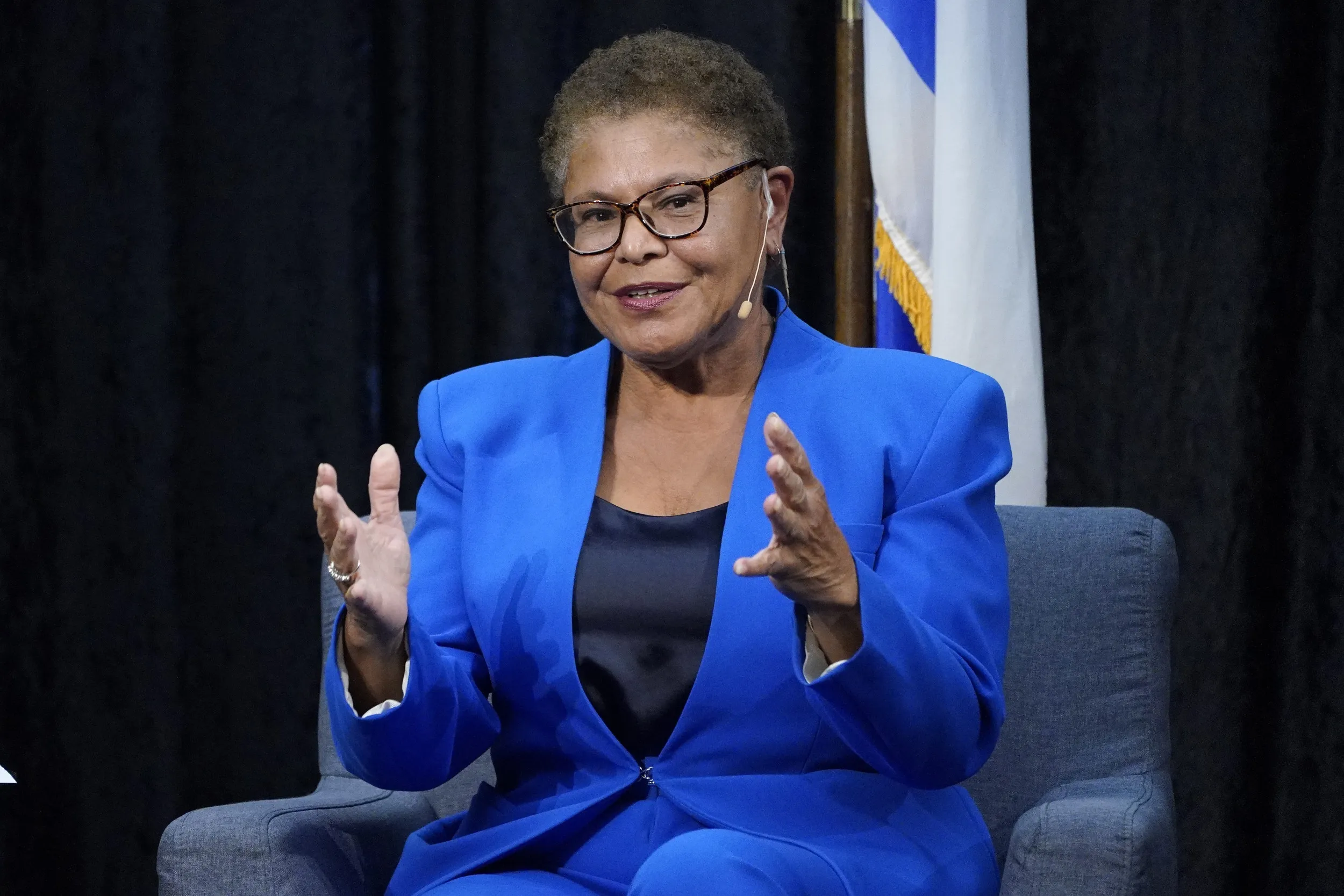LA Mayor Karen Bass Under Fire: Absent During Devastating Wildfires
Los Angeles faced a critical moment of crisis as devastating wildfires swept through the city, leaving destruction and raising serious questions about mayoral leadership. Mayor Karen Bass found herself at the center of a storm of criticism after being absent during one of the most challenging emergencies in recent Los Angeles history.
The wildfires, fueled by months of drought and powerful winds, quickly escalated into a catastrophic event that threatened entire neighborhoods and claimed multiple lives. While the city burned, Bass was thousands of miles away in Ghana, attending the presidential inauguration of John Dramani Mahama as part of a diplomatic delegation.
The Unfolding Crisis
Key details of the emergency painted a stark picture of the city’s challenges:
- Thousands of buildings were damaged
- Multiple neighborhoods faced mandatory evacuations
- Firefighting efforts were severely compromised
- Low water pressure hindered emergency response
Rick Caruso, Bass’s former mayoral election opponent, didn’t mince words, stating bluntly, “We have a mayor that’s out of the country, and we’ve got a city that’s burning.”
Leadership in Question
City Council President Marqueece Harris-Dawson stepped into the breach, acting as interim mayor and holding critical news conferences. The Palisades fire, which erupted during Bass’s absence, quickly became a focal point of criticism about the city’s emergency preparedness.
Bass defended her actions, claiming she maintained constant communication with city officials and public safety personnel. “I took the fastest route back to Los Angeles,” she told reporters upon her return. However, her explanation did little to quell the mounting public frustration.
Political and Public Response
The criticism came from multiple fronts:
- Media outlets questioned her leadership
- Residents expressed concern about city safety
- Political opponents seized the opportunity to challenge her competence
Interestingly, some officials, including Los Angeles County Supervisor Kathryn Barger, offered a more measured response. Barger defended Bass, noting that she remained engaged with key personnel throughout the emergency.
Deeper Implications
The wildfire crisis exposed broader issues beyond Bass’s immediate absence. Questions arose about:
- The city’s emergency response protocols
- Funding for fire prevention and firefighting resources
- Leadership accountability during critical moments
Notably, reports suggested that Bass had recently approved budget cuts of $17.6 million to the fire department, which added another layer of complexity to the ongoing controversy.
Aftermath and Reflection
Upon her return, Bass faced intense media scrutiny. Reporters pressed her about potentially owing an apology to Los Angeles citizens. The incident sparked a broader discussion about the expectations placed on elected officials during times of crisis.
The wildfires served as a stark reminder of California’s increasing vulnerability to climate-related disasters. Bass’s handling of the situation became a case study in crisis management and political accountability.
Conclusion
While the full impact of the wildfires and Bass’s absence continues to be evaluated, one thing remains clear: leadership during emergencies is about more than geographic location—it’s about preparedness, communication, and decisive action.
The coming months will likely reveal the long-term political consequences of this challenging moment for Mayor Karen Bass and the city of Los Angeles.
Word Count: 1,087






Leave a Comment